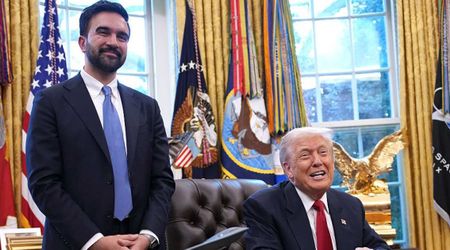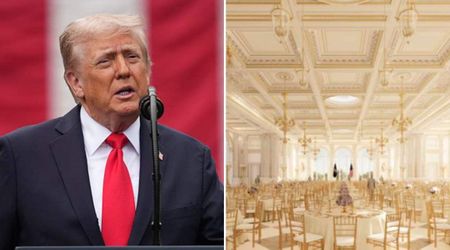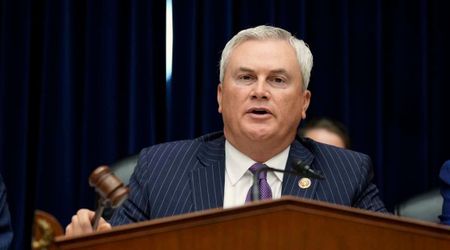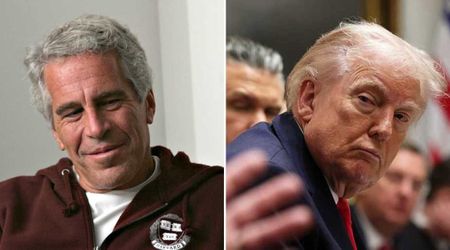Here's what Trump might have to deal with if convicted but spared jail time in hush money case
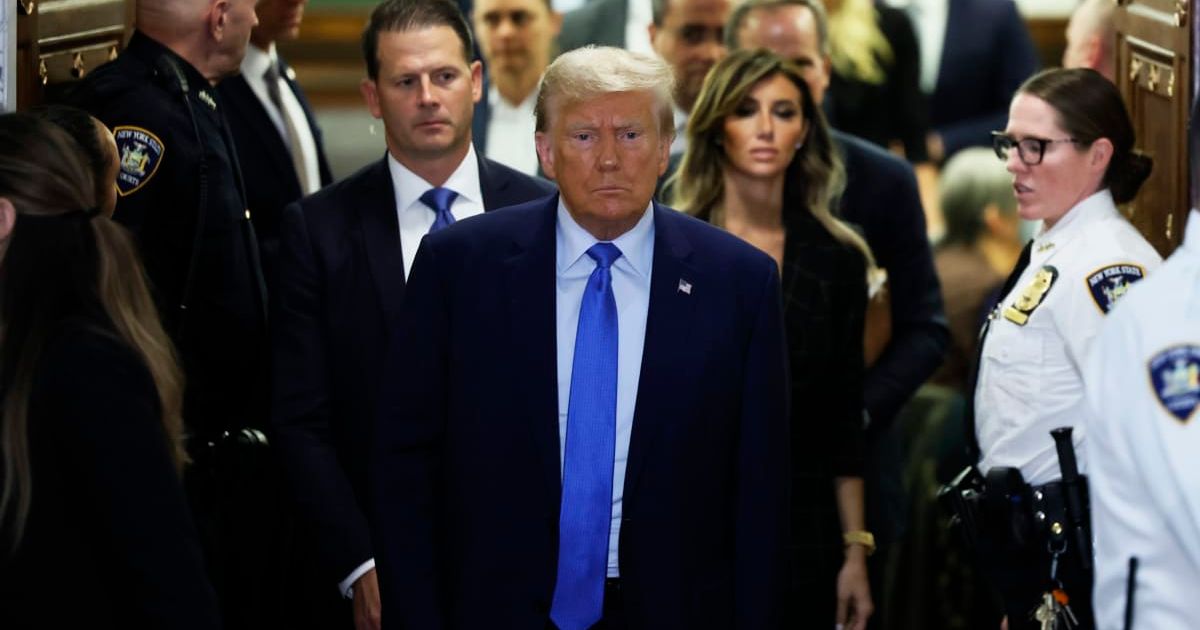
NEW YORK CITY, NEW YORK: Donald Trump's harshest critics, including his former lawyer Michael Cohen, have expressed their desire to see the former president behind bars.
However, if Trump is convicted in New York, a more probable outcome, according to legal experts, is probation and community service rather than jail time.
Probation: A rather tedious alternative to jail
Prominent New York attorney Arthur Aidala explained that probation, while preferable to imprisonment, comes with its own set of challenges.
"You definitely don’t want it. Who wants to have to check in? It’s like checking in with your mom and dad on a date," Aidala told the Daily Mail.
For Trump, this could mean weekly phone calls and monthly in-person meetings with a probation officer to answer a series of questions about his activities and any potential rearrests.
For someone accustomed to a high degree of autonomy, these requirements could be particularly burdensome. Even minor violations of probation terms have resulted in jail time for thousands of New Yorkers.
Aidala highlighted that probation would be an inefficient use of resources in Trump’s case. "This guy’s got to be watched? You’ve got to know where he is? What he’s doing?" he questioned.

Community service: A more productive option
Aidala suggested that community service might be a more fitting punishment if Trump were convicted. This could involve Trump and his team devising initiatives to benefit New York City, such as setting up a food bank or a center for senior citizens.
"Talk to him about the Trump Organization setting up some sort of food bank or senior citizens loneliness center, something that our society needs that he could use his platform" to address, Aidala insisted. "I don’t see Donald Trump going to the park and cleaning graffiti."
Trump, who has held campaign rallies in the Bronx and criticized crime rates in New York City, could potentially engage in community service that aligns with his public persona.
"Talk to him about the Trump Organization setting up some sort of food bank or senior citizens loneliness center," Aidala proposed.

Former public defender and prosecutor Adam Shlahet, now a professor at Fordham Law School, emphasized that probation is no easy ride.
"One of the things that probation looks for is whether or not someone admits their wrongdoing and shows any kind of contrition or responsibility. I can’t imagine what that conversation's going to be like if Trump is convicted and meets with a probation officer," Shlahet told the Daily Mail.
"Probation involves some real responsibilities. You have to meet with your probation officers, check in with your probation officer. There are limits to your travel. I have no idea how the department of probation will handle monitoring potentially the president of the United States. I can't imagine anybody ever accounting for that," he added.
The probation system requires individuals to admit wrongdoing and demonstrate contrition, which might be a difficult scenario for Trump, who has consistently denied any guilt and criticized the judicial process.
Judicial perspective and the burden of post-release reporting
Judge Juan Merchan, who is presiding over Trump’s trial, has stressed the importance of treating Trump like any other defendant, despite his status as a former president.
"The last thing I want to do is to put you in jail," Merchan told Trump earlier this month. "You are the former president of the United States, and possibly the next president as well. There are many reasons why incarceration is truly a last resort for you."
However, Merchan's leniency could be influenced by the jury’s decision and public opinion, as he may face voters in the future.
Shamira Gambrell, director of Juvenile Operations for the New York City Department of Probation, assures that the department is equipped to handle high-profile cases. "We have media cases all the time. It’s New York," she stated confidently.
The probation department regularly deals with individuals under intense public scrutiny, and Trump's case would be no exception.
Michael Cohen, who served as Trump's lawyer and was a key witness in his legal troubles, understands the weight of probationary requirements. Even under house arrest,
Cohen had to adhere to strict travel limitations and regularly check in with authorities. His experiences illustrate the constraints and obligations that come with probation, which could similarly impact Trump.
New York state spent $280 million on its probation system between 2002 and 2011, according to the Council of State Governments. During this period, 17 percent of adults who went to prison had committed a crime or violation while on probation. In 2011 alone, 6,100 individuals on probation were resentenced to jail for failing to comply with their terms.

